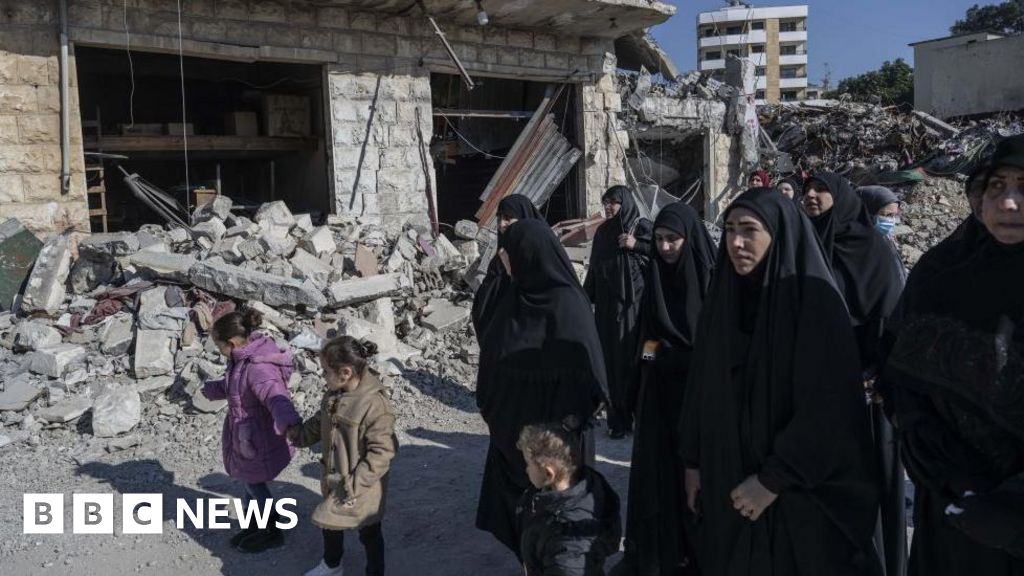Stockholm:
Two telecommunications cables cut in the Baltic Sea in 48 hours have prompted Nordic and German officials to say they suspect "sabotage" and "hybrid warfare" stemming from Russia.
On Monday, Finnish operator Cinia reported that the "C-Lion1 submarine cable" connecting Helsinki and the German port of Rostock had been cut for unknown reasons.
The break was traced to a location south of the island of Oland in Swedish waters, some 700 kilometres (435 miles) from Helsinki.
"These kinds of breaks don't happen in these waters without an outside impact," a Cinia spokesperson said.
Meeting in Brussels, the foreign ministers of Germany, Annalena Baerbock, and Finland, Elina Valtonen, said it hinted at foul play.
"The fact that such an incident immediately raises suspicions of intentional damage speaks volumes about the volatility of our times," they said in a joint statement.
"Our European security is not only under threat from Russia's war of aggression against Ukraine, but also from hybrid warfare by malicious actors."
Finland's National Bureau of Investigation announced Tuesday it had launched an investigation into the broken cable, "to establish what has happened".
The "Arelion" submarine cable between the Swedish island of Gotland and Lithuania has also been damaged since Sunday morning, a spokesman for the Lithuanian branch of the operator Telia said Tuesday.
Internet traffic has been redirected to other international links, Audrius Stasiulaitis said.
"We can confirm that the interruption to internet traffic was not caused by an equipment fault but by material damage to the fibre optic cable," he said.
He added that customers were at this time not being affected by the outage.
European countries are increasingly using the term "hybrid warfare" to describe actions against them that they believe originate from Moscow.
Heightened tensions
Sweden's Minister for Civil Defence Carl-Oskar Bohlin told AFP in a written statement that it was "crucial to clarify why we currently have two cables in the Baltic Sea that are not working".
Bohlin added that "relevant Swedish authorities are investigating the events".
German Defence Minister Boris Pistorius also said Tuesday that the severing of cables between Finland and Germany and from Sweden to Lithuania was a "clear sign that something is going on".
"Nobody believes that these cables were accidentally severed," Pistorius said on the sidelines of a meeting of EU ministers in Brussels.
"We have to say, without knowing exactly who it came from, that this is a hybrid action. We also have to assume, without knowing it yet, that it was sabotage," he said.
Since Russia's full-scale invasion of Ukraine in February 2022, there have been repeated cases pointing to the heightened tensions in the Baltic Sea area.
In September 2022, a series of underwater blasts ruptured the Nord Stream pipelines that carried Russian gas to Europe under the waters.
In October 2023, an undersea gas pipeline between Finland and Estonia had to be closed after it was damaged by an anchor belonging to a Chinese cargo ship.
Finland has also stepped up surveillance of incidents in the Baltic Sea since the outbreak of war between neighbouring Russia and Ukraine.
Last month, NATO opened a new naval base in Rostock to coordinate the forces of the military alliance's members in the Baltic Sea.
Russia summoned the German ambassador to Moscow the day after the inauguration to protest against the new naval command centre.
Moscow called the centre a "blatant breach" of the treaty on the reunification of Germany in 1990 that said no foreign armed forces would be deployed in the area, a claim Berlin denied.
(Except for the headline, this story has not been edited by NDTV staff and is published from a syndicated feed.)

 2 weeks ago
5
2 weeks ago
5










 English (US) ·
English (US) ·